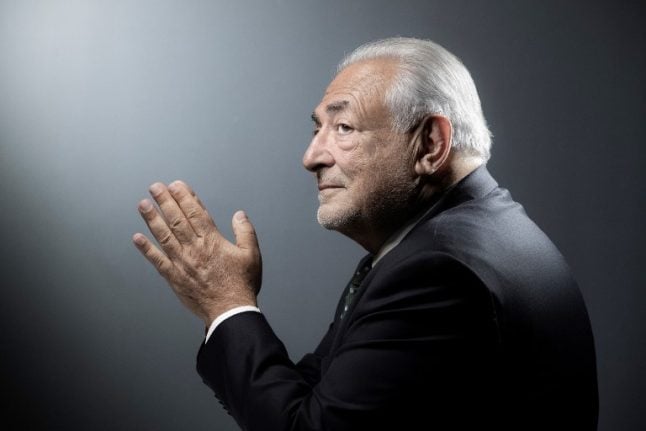Tristane Banon, a journalist and writer, “is lodging a complaint for attempted rape against Mr Dominique Strauss-Kahn”, the lawyer, David Koubbi, was quoted as saying by news magazine L’Express on its website.
“I will send the complaint tomorrow, Tuesday July 5th, to the prosecutor, who will receive it on Wednesday morning.”
The announcement came as Strauss-Kahn gained high hopes of being cleared in another sex assault case, which saw him arrested and charged with trying to rape a New York hotel maid and cost him his job as head of the IMF.
Banon, 32, has alleged that Strauss-Kahn invited her to an apartment in 2003 promising to give her an interview, and instead pounced on her like “a rutting chimpanzee”.
She made that allegation against the powerful politician in 2007 on television and in an interview with a news website, but had not so far made a formal complaint to authorities.
The New York case meanwhile appeared close to collapse after prosecutors cast doubt on the accuser’s credibility, saying the maid was suspected of lying to police.
Strauss-Kahn was released from house arrest on Friday, prompting his allies in the French opposition Socialist Party to talk of his possible return to run for president.
Before the New York scandal he polled as the person most likely to beat President Nicolas Sarkozy in the 2012 election.
Koubbi denied the decision was driven by political motives or influenced by the New York case.
“Tristane Banon really underwent what she is accusing Mr Strauss-Kahn of,” L’Express quoted him as saying. “Even if that case against Mr Strauss-Kahn turns out to be unfounded, ours is not. It is extremely solid and backed-up.”
In February 2007, Banon was a guest on a television chat show and recounted how a senior politician had lured her to a virtually empty apartment in the guise of agreeing to give an interview and then assaulted her.
In the broadcast version of Banon’s comments the name of the politician was bleeped out, but a year later Banon confirmed to the AgoraVox website that she was referring to Strauss-Kahn.
“I put down the recorder straight away to record him. He wanted to hold my hand while he replied, because he told me ‘I wouldn’t be able to manage unless you hold my hand’,” she alleged in the Paris Premiere broadcast.
“Then the hand went to my arm, then a bit further, so I stopped straight away,” she explained. “It finished very violently — as I told him clearly ‘No, No!’ — and we finished up fighting on the floor.
“There wasn’t just a couple of blows. I kicked him, and he tried to unclip my bra, to open my jeans,” Banon alleged, adding that she eventually escaped and considered pressing charges before abandoning the idea.
“I didn’t want to be for the rest of my days the girl who had had a problem with a politician,” she said.
Banon’s mother, Socialist politician and blogger Anne Mansouret, confirmed to the news website Rue89, that she had advised her daughter at the time not to make a formal complaint, for fear of hurting her career in journalism.


 Please whitelist us to continue reading.
Please whitelist us to continue reading.